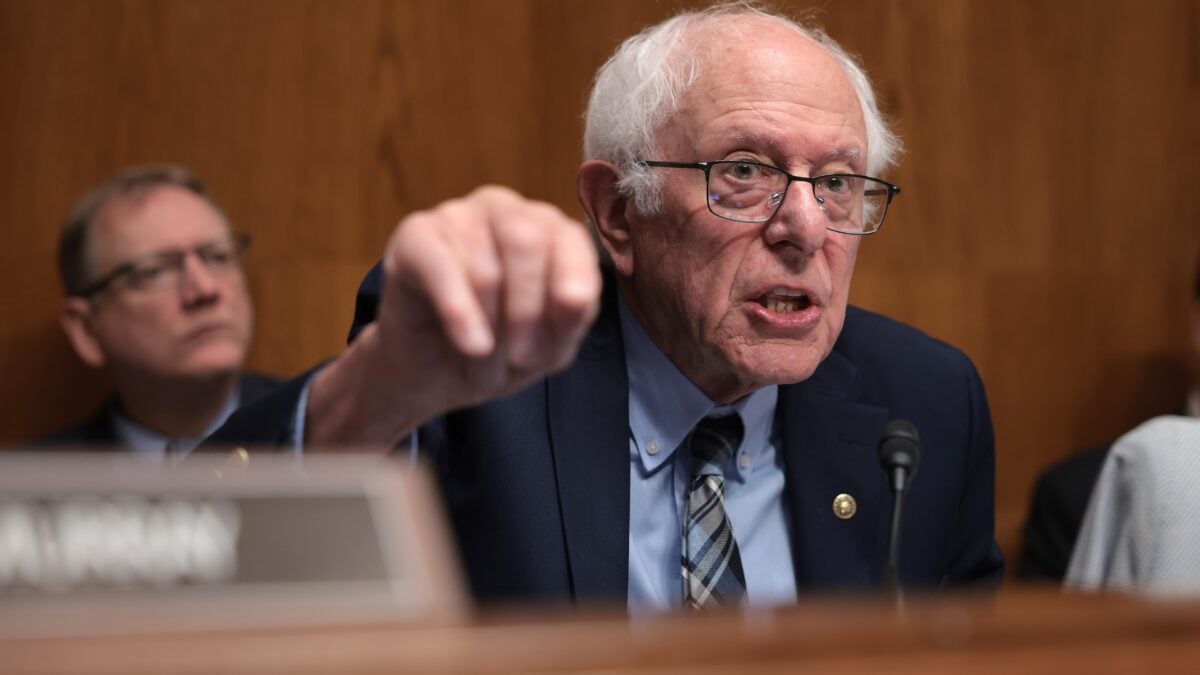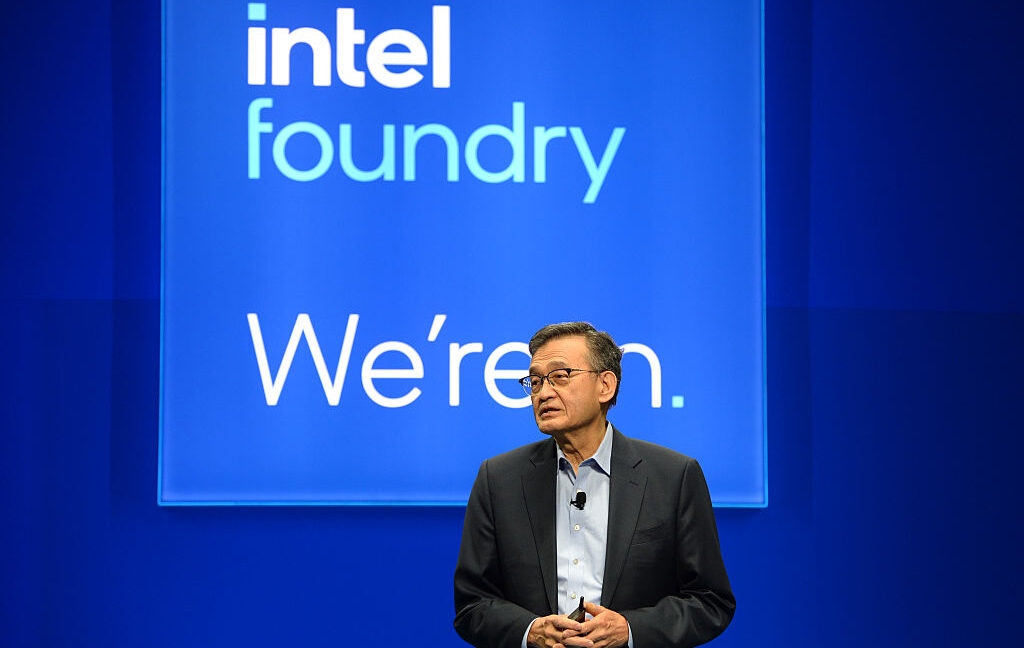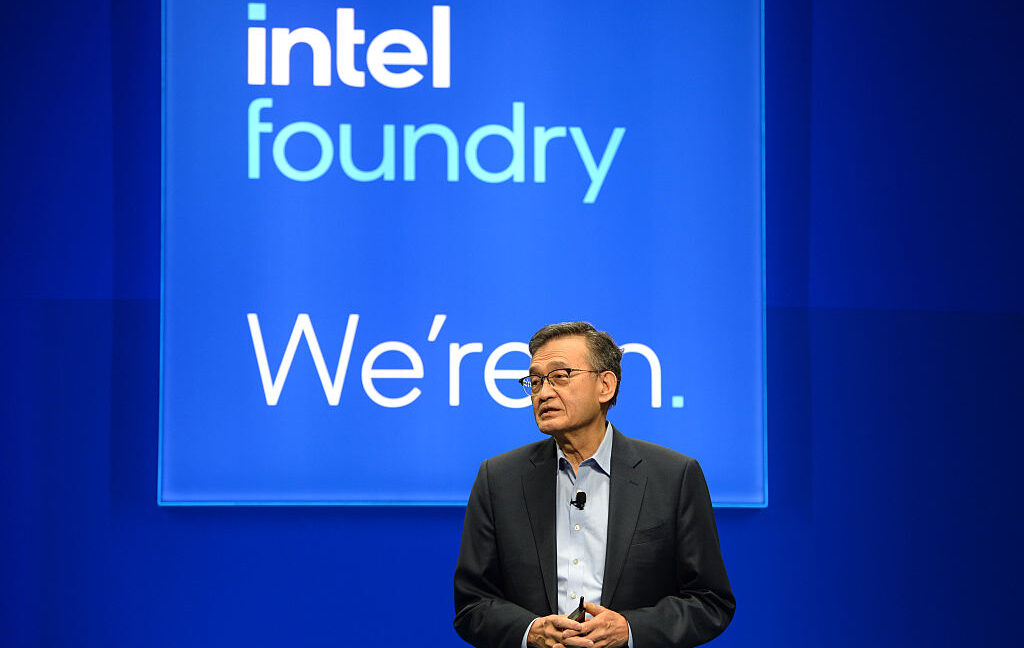Bernie Sanders Supports Government Equity in Tech Companies

Bernie Sanders, an Independent Senator from Vermont who aligns with the Democrats, has expressed support for a proposal from the Trump administration. The plan suggests converting federal grants provided to tech companies like Intel and TSMC into government equity stakes.
Sanders stated that if microchip companies profit from generous federal grants, American taxpayers deserve a reasonable return on that investment. The U.S. government is considering acquiring a 10% equity stake in Intel through the CHIPS Act, a discussion led publicly by Commerce Secretary Howard Lutnick.
The proposal, first publicly mentioned by Lutnick on CNBC, is seen as a national interest issue, aiming to avoid merely giving away funds to wealthy corporations without financial return or influence. This idea may extend to other chipmakers such as Micron and Samsung, apart from Intel and TSMC.
The logic behind these grants is often to encourage investment and job creation within communities. However, holding an equity stake means possibly influencing company decisions, something Lutnick assured would not involve governance roles. Nevertheless, skepticism remains as government involvement in companies usually implies stakes in their decision-making process.
This proposal is marking one of the biggest governmental interventions in private industry in recent years, reminiscent of past bailouts such as those during the Great Recession for auto companies.
Despite previously advocating for action against Intel's CEO due to alleged links with China, Trump appeared to shift focus after discussions with the company’s leadership. This shift has left some ambiguity about the terms agreed upon.
Wall Street's response is mixed, concerned over government interaction in corporate affairs and wary of becoming passive investors. Editorial opinions caution about the implications, given Trump’s historical tendency to manipulate institutions to his preferences.
Sanders aligns with the concept under conditions, careful to outline reservations typical in aligning with any of Trump's policies, which have displayed overreaches into educational and cultural fields. His approval seems conditional on maintaining autonomy for the companies involved.
As the dialogues continue, the situation is fluid with political ramifications and economic impacts closely watched by all stakeholders involved.


